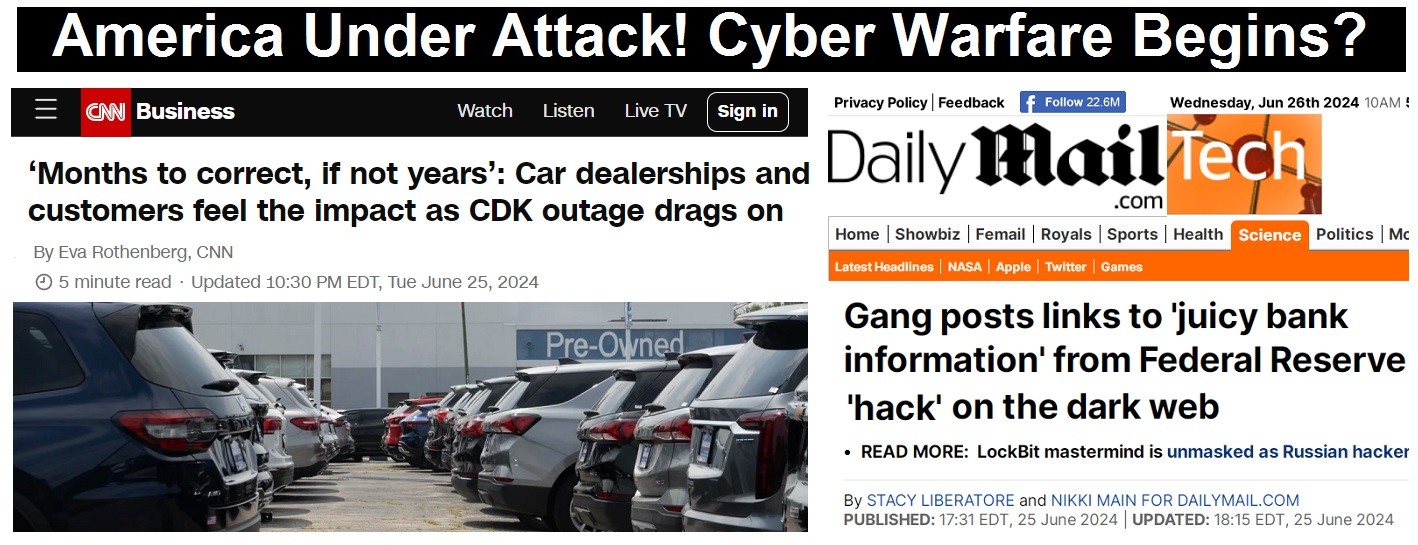Of particular interest is the call by both FS-ISAC and the WEF Partnership against Cybercrime to specifically target cryptocurrencies, particularly those that favor transactional anonymity, as well as the infrastructure on which those cryptocurrencies run. Though framed as a way to combat “cybercrime”, it is obvious that cryptocurrencies are to be unwanted competitors for the soon-to-be-launched central bank digital currencies.
In addition, as this report will show, there is a related push by WEF partners to “tackle cybercrime” that seeks to end privacy and the potential for anonymity on the internet in general, by linking government-issued IDs to internet access. Such a policy would allow governments to surveil every piece of online content accessed as well as every post or comment authored by each citizen, supposedly to ensure that no citizen can engage in “criminal” activity online.
A major theme in these efforts has not only been an emphasis on global cooperation, but also a merging of private banks and/or corporations with the State, specifically intelligence and law enforcement agencies.
In addition, many of the banks, institutions and individuals involved in the creation of these reports and simulations are either actively involved in WEF-related efforts to usher in a new global economic model of “stakeholder capitalism” or are seeking to imminently introduce, or are actively developing, central bank-backed digital currencies, or CBDCs.
Of particular interest is the call by both FS-ISAC and the WEF Partnership against Cybercrime to specifically target cryptocurrencies, particularly those that favor transactional anonymity, as well as the infrastructure on which those cryptocurrencies run. Though framed as a way to combat “cybercrime”, it is obvious that cryptocurrencies are to be unwanted competitors for the soon-to-be-launched central bank digital currencies.
In addition, as this report will show, there is a related push by WEF partners to “tackle cybercrime” that seeks to end privacy and the potential for anonymity on the internet in general, by linking government-issued IDs to internet access. Such a policy would allow governments to surveil every piece of online content accessed as well as every post or comment authored by each citizen, supposedly to ensure that no citizen can engage in “criminal” activity online.











